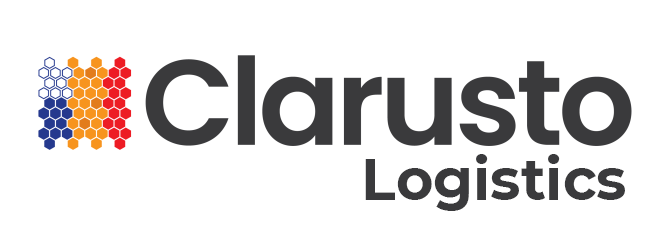In the intricate web of modern logistics, the ever-evolving landscape of global trade deals presents a formidable challenge for businesses seeking to navigate international markets efficiently and compliantly. As the interconnected world continues to shrink, understanding and harnessing the complexities of trade agreements have become paramount for companies striving for success on a global scale. Understanding the Importance of Global Trade Deals in Modern Logistics Implications of Global Trade Deals in Modern Logistics. The interconnected world of global trade deals plays a pivotal role in shaping modern logistics. These agreements facilitate the movement of goods across borders, promoting economic growth and fostering international cooperation. By standardizing trade practices and reducing barriers, global trade deals streamline supply chain operations and enhance efficiency. Moreover, global trade agreements offer businesses access to diverse markets, enabling them to expand their reach and explore new growth opportunities in Modern Logistics. Embracing these agreements not only boosts competitiveness but also encourages innovation and collaboration on a global scale. The interconnectedness fostered by these deals paves the way for a more prosperous future, where businesses can thrive in an increasingly interconnected world, supported by efficient and adaptive modern logistics practices. Navigating the Legal Framework of International Trade Deals in Modern Logistics Navigating the Legal Framework of International Trade Deals: Embarking on a journey through the legal intricacies of international trade deals is akin to navigating a labyrinth of regulations and agreements that govern the global marketplace. These trade pacts, often negotiated over years by diplomats and policymakers, establish the rules of engagement for countries involved in cross-border trade. Understanding the legal framework is paramount for businesses seeking to expand their operations across borders.especially in the realm of modern logistics, where compliance with these agreements ensures smooth, efficient, and legally sound international operations. At the heart of international trade deals lie complex legal texts that outline tariffs, quotas, rules of origin, and dispute resolution mechanisms. Each agreement presents a unique set of challenges and opportunities for businesses looking to capitalize on global markets. By delving into the specifics of these legal documents, organizations can unlock new avenues for growth while staying compliant with international laws. Embracing the legal framework not only ensures adherence to regulations but also fosters trust and transparency among trading partners.especially in the context of Modern Logistics. Embracing the legal framework not only ensures adherence to regulations but also fosters trust and transparency among trading partners, crucial for seamless and efficient Modern Logistics operations. Key Players and Organizations Involved in Global Trade Agreements The landscape of global trade agreements is shaped by a myriad of key players and organizations that play pivotal roles in negotiating, drafting, and implementing these complex deals. At the forefront are international entities like the World Trade Organization (WTO), which sets the rules for global trade and provides a platform for member countries to engage in negotiations. Additionally, regional organizations such as the European Union (EU) and ASEAN have significant influence on trade agreements within their respective blocs.Furthermore, governments of individual countries also hold immense power…


